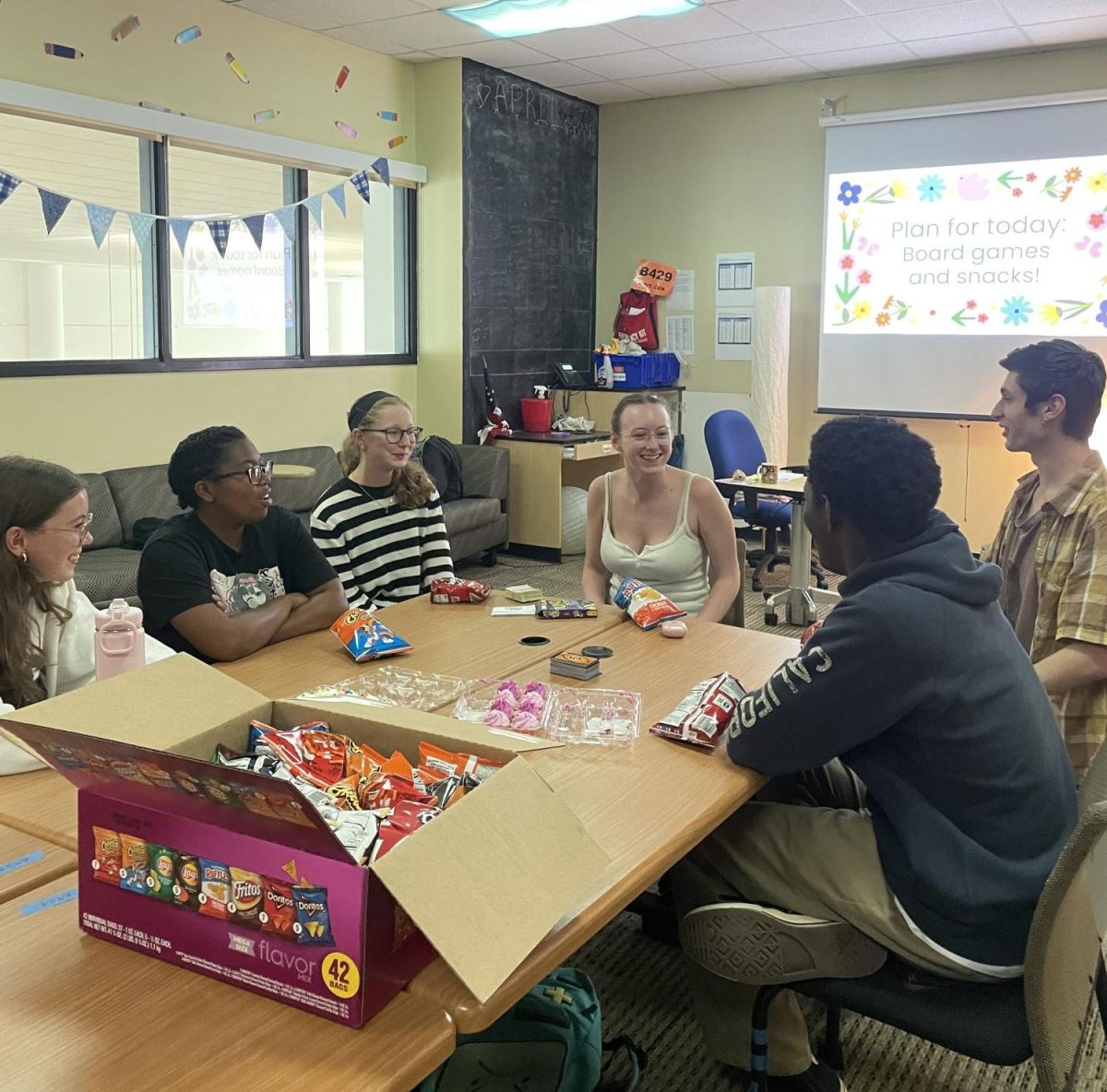
One unique aspect of Skyline’s curriculum is the option to join one of four magnet programs: specialized courses that focus on different fields of interest. Students can be a part of Business Marketing and Information Technology (BMIT), Communication Media and Public Policy (CMPP), Design Technology, Engineering and Programming (DTEP) or Health and Medicine (H&M).
As Skyline students hurry to accept their spot in a magnet, some are still wondering about the pros and cons of filling out that acceptance form.
The Pros
Magnets have many benefits. They are a great opportunity for students to dig deeper into topics that aren’t covered in other classes. “I think some of the main benefits that magnets can provide are different topics that normal classes don’t cover, along with gaining insight into what you might want to pursue past high school,” says Brian Wolfe (‘25).
Magnets also help students build strong relationships with their peers within the program. “The other important aspect of magnets is the fact that you join kind of an extended family,” says H&M lead teacher Dusti Vincent. “You spend three years with the same group of people, you develop a lot of closeness with them.”
When joining a magnet, students are also able to explore their interests without any expense. “It’s a great opportunity to explore an interest that you have in high school where it’s very low risk. It doesn’t cost any money,” says Vincent.
The Cons
The main drawback of magnets is that they take up a large portion of your schedule, which can make it difficult to fit in extracurricular activities.
“I decided to not join a magnet program because of scheduling conflicts,” says Anna Williams (‘27). “Although I know it is possible to enroll in a music and a magnet, it’s difficult.”
Students in magnets are required to take two classes in the program in their sophomore and junior years. As a senior, students take three trimester-long courses to complete a capstone project. “Being in a magnet can be a bit constricting…there have been times where I can’t take classes I really want to take because it clashes with mandatory magnet courses,” says Stuart Knight (‘25).
Additionally, some worry that the material covered in the program might not be what they expect. Joining a magnet is a big commitment, and it can be hard if a student doesn’t enjoy the curriculum.
“I definitely would recommend people to take a magnet. They cover a lot of different fields you could work in and possible careers,” says Max Feliks (‘24).






